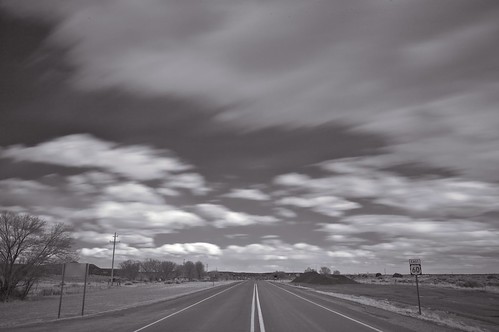A short post today — I was reminded this morning that setting the alarm is all well and good, but you’re not likely to hear it if you don’t also turn it on. So I had just enough time to do my three morning pages before it was time to get ready for work.
I want to talk with you about creating play spaces (I’m in the middle of re-appropriating a part of my home as a place just for creativity and play), movies about following one’s creative instincts (we saw the visually-stunning Book of Kells this weekend, which I didn’t know was a real object d’art ’til I went looking for more information just now), and roadtrips as regenerative practice.
And maybe tomorrow morning I will be able to — for now I want to offer you a prompt for the day.
The prompt is this poem by Martin Jude Farawell; read through it and notices what comes up in response for you — begin with whatever voices or images arise as you’re reading, or begin with the phrase “If I…” (or “If he…,” “If she…,” “If you…”):
If I Sing
If I sing, I weep.
If I sing joy, even sing joy, I weep.
If I weep, if I weep, if cries splatter from me,
if I sputter snot and spit
down my chin, my shirt, your shirt,
if I shake and shake until you fear I’ll shake apart,
don’t be afraid for me, don’t be ashamed;
I will not break from this, will not die,
but from lack of it, from the closing,
and I will not close anymore, will not deny anymore
the child I was who could not
cry out has kept crying in
me. And now that I can cry I will sing,
even if my song comes shoved out
on the wave of snot and spit I swallowed not
to cry, I will sing.
(Thanks to John Fox who introduced me to this poem this summer at the Healing Art of Writing conference)
Here’s my response to this prompt:
If she’s been drinking, she cries. Jocelyn doesn’t drink much, but when she does it’s with a purpose. She heads to the one par in her area that could conceivably be called a women’s bar, the place where all the cowgirls pour in to for Budweisers and whatever game is on that night, for their drama and electricity, even though the owners will never hang a rainbow flag out front or send representatives to the gay pride march that happens every August about 50 miles away in Northampton, even still, the owner does keep a bat behind the bar for any local boys who get it into their heads to fool with his good clientele come closing time, and the women grumble about one more man who thinks he has to protect them, but they keep frequenting the little bar with the torn stools and bad ’80s disco on the jukebox.
And Joss goes there, too, ’cause she wants the company, ’cause it’s a place where most of the women she’s talked to or worked with at the shelter will not show up, and so it’s a place where she can slowly sip her way into a gentle disintegration.
The bartenders know Joss, keep her bottle of bad Canadian whiskey full so they can make her cheap whiskey-n-Cokes like she thinks maybe her folks back home would be drinking. She doesn’t know the folks back home, left before her stepfather was done with her and her sisters, which meant she left before she could find her own kind of connection with her kin, her cousins and uncles and aunts. That thought, just exactly that sort of thought, starts the tears pooling, pulling them up from the ache in her shoulders, up from that always-knot in her belly. She folds tired strong arms on the scratched and worn bar, she takes long gulps of her drink and she starts to fight back crying while she watches the women gather and fill up the bar with too much need and dust.
Someone puts “Gloria” on the jukebox and Joss thinks about how much she wants to be easy with people the way these women seem to be with each other. Some of them know Joss, just recognize her stony presence, how familiar she is there, her face wide and weary, crow’s feet just beginning to pull at the edges of her dusky hazel eyes, and always looking like she’s about to cry. Joss’ll smile, or try to smile, at one or two of the women, nod, then order another drink.
She doesn’t come out to this bar often, and she doesn’t come but for one purpose. After three or six of those whiskey-n-Cokes, Joss’ll be in her car, door slammed shut, head on her hands, sobbing — the kind of crying that sounds like someone’s trying to relinquish their guts through their throat, the dark night clutched tight to her shoulders, alone, hoping this time, finally, she will be able to get it all out.
Thanks for the ways you make room for your grief, and also make quiet sparkling room for your joy. Thanks for your words. Thanks always for your words.


4 responses to “spaces with purpose”